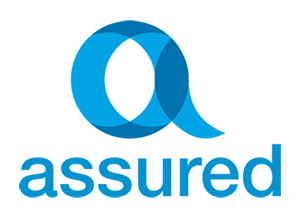Should you go with a fixed or a variable rate?
Normally the fixed rate is higher on a 4-5 year option than some of the low variable rates available, but it remains unchanged for the term of the fixed rate that your lender has set, so your budget won’t be affected. This is what attracts some people to a fixed rate.
But Fixed rate loans are considerably less flexible than a variable rate option.
Variable interest rate loans have more features that allow you more flexibility. For example; you can make lump sum payments or pay out early without a costly penalty. You can also utilise the handy redraw facility on your loan, which can reduce your loan significantly if used correctly.
The main disadvantage of a variable rate loan is that you have to adjust your budget whenever there is a rate movement.
There are a couple different options you can also consider…
Option 1: Each Way Bet!
For peace of mind and to help you budget for the future; consider splitting your loan now; say half on a fixed rate and the other half remaining on the variable rate, this could give you flexibility with peace of mind just in case rates do head North.
Option 2: Make Believe Fixed.
Choose a variable rate and then set your payments as though you were on the fixed rate being offered or higher.
This enables you to be paying your loan off quicker and save a heap of money in interest before any future rate rises and if rates don’t rise you will be miles in front.
See what others have to say about getting a home loan with Assured

“I’ve saved heaps of money with Assured, but the main reason I stay with them is for their service… they just really look after everything!”
Carl, Highbury, SA
